
The Analytical Research Bureau for NPP Safety is a Ukrainian nuclear engineering company that analyses the justification and enhancement of safety of nuclear power plants and other nuclear facilities. ARB is mainly involved in WP3 activities focused on studying the impact of different chemical elements on RPV embrittlement, and also participates in WP6 and WP7.

Bay Zoltán is a research organisation focused on logistics, production engineering, and structural integrity in support of the innovation of industrial companies. Bay Zoltán is implicated in WP1 efforts to study RPV embrittlement under LTO conditions, WP2 assessments of testing methods on previously irradiated materials, WP5 analysis of methods to determine durability, and WP6.
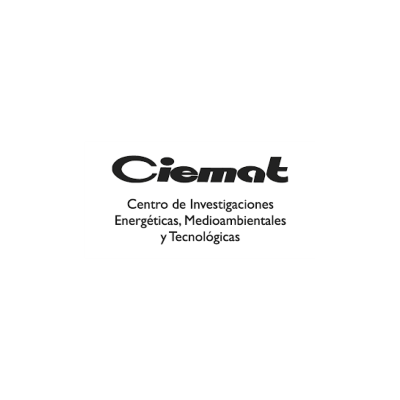
CIEMAT is a public research body assigned to the Spanish Ministry of Science, Innovation and Universities that focuses on energy, the environment and the technologies related to each sector. CIEMAT will contribute to WP2 activities concerning the assessment of testing methods and WP3 activities regarding the effects of chemical elements on RPV embrittlement.

The mission of the National Centre for Scientific Research is to evaluate and carry out research capable of advancing knowledge and bringing social, cultural and economic benefits to society. As a partner, CNRS and the research unit GPM (Groupe de Physique des Matériaux) will be involved in WP3 efforts to study the effects of chemical elements on RPV embrittlement.
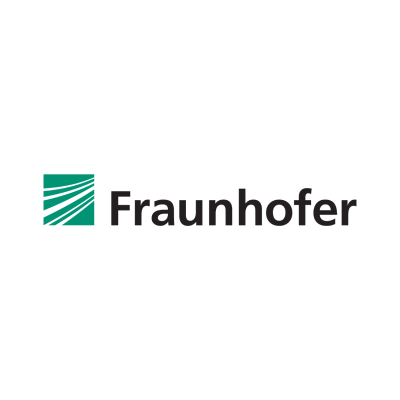
The Fraunhofer Institute for Non-Destructive Testing conducts research and development for nuclear safety and has helped to assure quality and safety standards in many industries. In STRUMAT-LTO, Fraunhofer contributes to the material characterisation as part of the study on RPV embrittlement behaviour under LTO conditions in WP1. It will also contribute to WP4 and WP5.
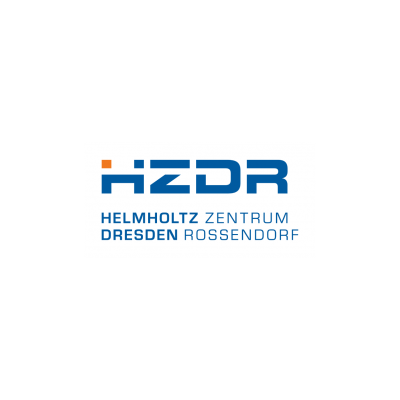
HZDR pursues research in the fields of energy, health and matter, and its Department of Structural Materials focuses on fracture mechanics testing of neutron-irradiated materials. It leads WP3 activities regarding the effects of chemical elements on RPV embrittlement and will also contribute to mechanical tests and the microstructure characterisation conducted in WP2.

The Institute for Nuclear Research operates a research nuclear reactor and equipment for investigating irradiated materials. Its main areas of expertise include, nuclear physics, nuclear power engineering, and radiation physics among several others. KINR is involved in WP1 studying the RPV embrittlement behaviour under LTO conditions.

IPP-Centre is a Ukrainian leader in the development of services for structural integrity assessment, extending the lifetime and ensuring the reliability of power structures and components. IPP-Centre will contribute to WP1 studies on RPV embrittlement under LTO conditions, WP2 assessment of testing methods, WP3 studies on the effects of chemical elements, and WP4.
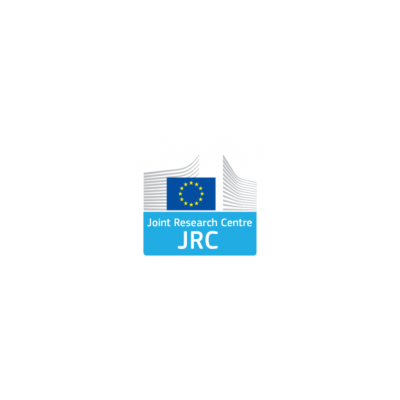
As the European Commission’s science and knowledge service, the Joint Research Centre supports EU policies with independent scientific evidence throughout the entire policy cycle. JRC will perform testing on previously irradiated materials in WP1 and WP2 and contribute to the validation of embrittlement trend equations in WP4 as well as master curve approaches in WP5.
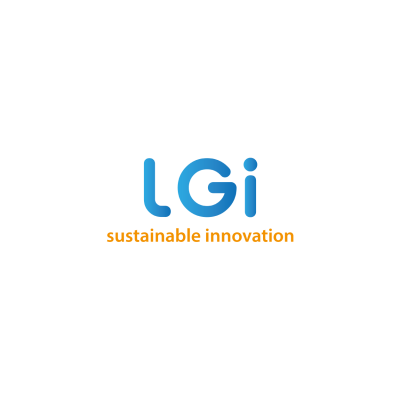
LGI Sustainable Innovation supports R&D and innovation processes in sectors of key importance for global sustainable development with significant experience in the European energy sector. LGI, PMO for STRUMAT-LTO, is involved in WP7 project management activities and also contributes to WP6 public communication and dissemination activities.

The Centre for Energy Research’s mission is to perform research and development in the field of nuclear science and technology to facilitate the adoption and safe use of nuclear technology. Dr. Ákos Horvath, the general director of MTA-EK, is the technical coordinator of STRUMAT-LTO. MTA-EK leads WP2 and will also participate in WP1, WP4, WP5 and WP6.
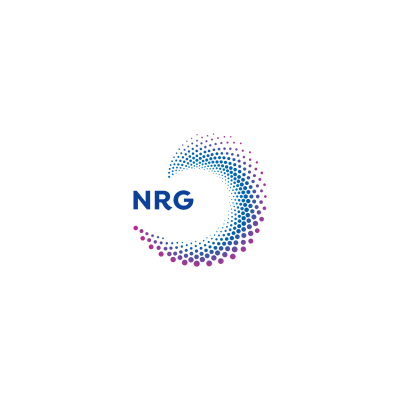
NRG is a nuclear service provider that produces isotopes, conducts nuclear technological research, and consults on the safety and reliability of nuclear installations. Dr. Murthy Kolluri, research consultant and project manager at NRG, is the STRUMAT-LTO scientific coordinator. NRG leads WP1 and will contribute to various tasks in WP1, WP2, WP3, WP5, WP6 and WP7.
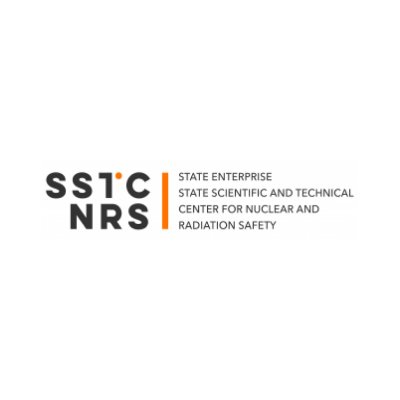
SSTC NRS provides scientific, engineering and expert support to regulators in all safety-related areas to ensure protection of public health, safety and the environment. In STRUMAT-LTO, SSTC NRS leads WP6: Dissemination of Results & Education and Training, and will also support WP3 activities in studying the impact of different chemical elements on RPV embrittlement.

Founded in 1937, the Slovak University of Technology in Bratislava is a public educational and scientific institution focused on technical, technological, technical-economical, technical-information and technical-artistic fields. STUBA will contribute to WP3 tasks concerning the effects of chemical elements on RPV embrittlement under LTO conditions.
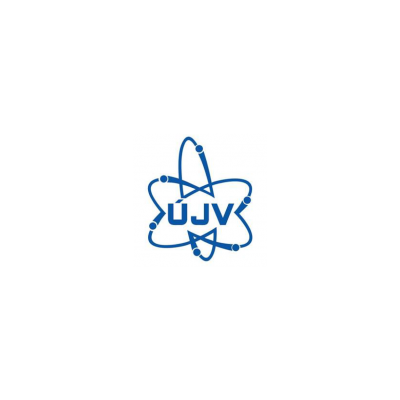
ÚJV Řež provides a range of services activities in the fields of energy, industry, and health, and has vast experience in the irradiation and testing of nuclear materials. ÚJV leads WP4 which focuses on the validation or further development of existing embrittlement trend equations. UJV is also involved in WP1 and WP6, in which UJV participate in summer school activities.
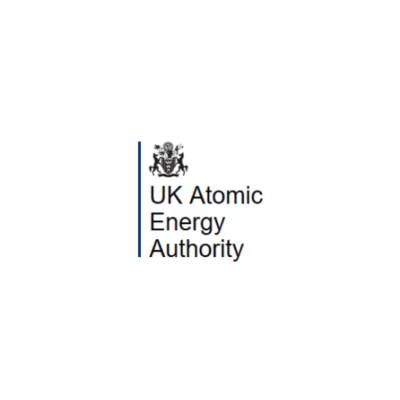
The UK Atomic Energy Authority researches fusion energy and related technologies and aims to position the UK as a leader in sustainable nuclear energy. UKAEA’s Culham Centre for Fusion Energy is the UK’s national laboratory for fusion research. UKAEA contributes to WP2 assessments of testing methods using previously irradiated materials to maximise data.
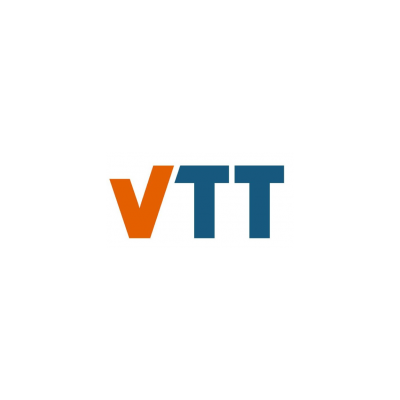
VTT is a visionary research, development and innovation partner that drives sustainable growth by tackling global challenges and turning them into opportunities to help society and companies grow. In STRUMAT-LTO, VTT leads WP5 activities investigating master curve approaches and the effects of LTO conditions on durability and resistance. VTT is also involved in WP1, WP2 and WP3.
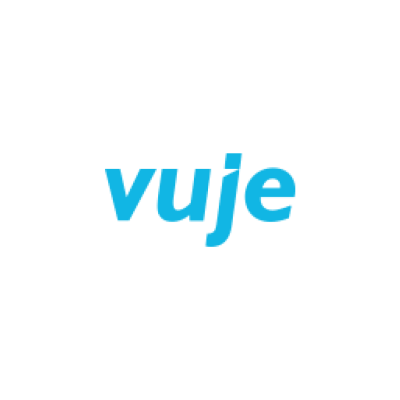
VUJE, an engineering company, performs design, supply, implementation, research and training activities such as the preparation, implementation, operation and termination of operation of energy installations in nuclear and conventional power generation. VUJE is involved in WP2 assessments of testing methods using previously irradiated materials to maximise data.

